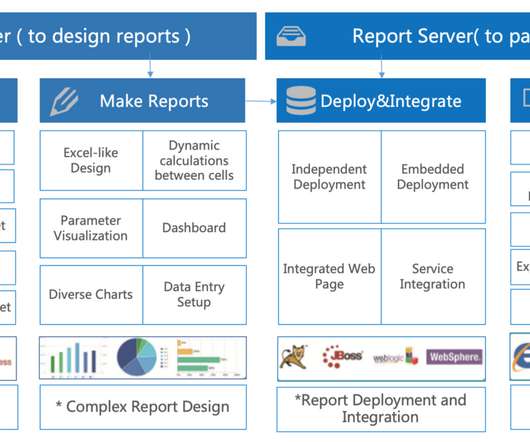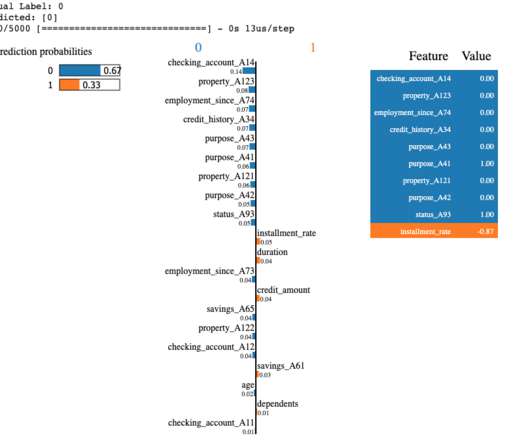How Do Super Rookies Start Learning Data Analysis?
FineReport
DECEMBER 19, 2019
For super rookies, the first task is to understand what data analysis is. Data analysis is a type of knowledge discovery that gains insights from data and drives business decisions. One is how to gain insights from the data. Data is cold and can’t speak. Data Analysis Libraries. From Google.














Let's personalize your content